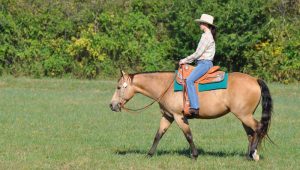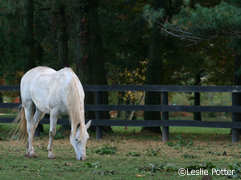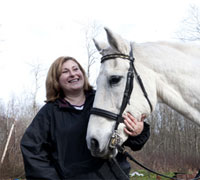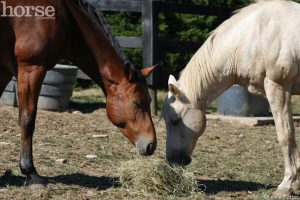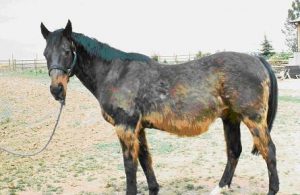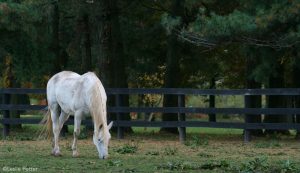If you have an older horse, learn more on senior horse care, senior horse diseases and conditions, and how to care for an older horse. While the official definition of a "geriatric horse" varies, a horse is considered geriatric from the mid-teens on upward. And, it’s estimated that 17 percent of horses in this country are more than 20 years old. Today, the average horse in the United States can expect a longer, healthier life than his ancestors. To keep him living longer, Horse Illustrated finds it important to provide plenty of information on diseases and conditions that older horses face, such as laminitis, Cushing's Disease or pituitary pars intermedia dysfunction (PPID), metabolic syndrome, lameness, arthritis, dental disease, hoof care issues, and more. In addition, learn what you can do to help combat some of the problems of old age in your older horse.
Senior Horse Care
no

